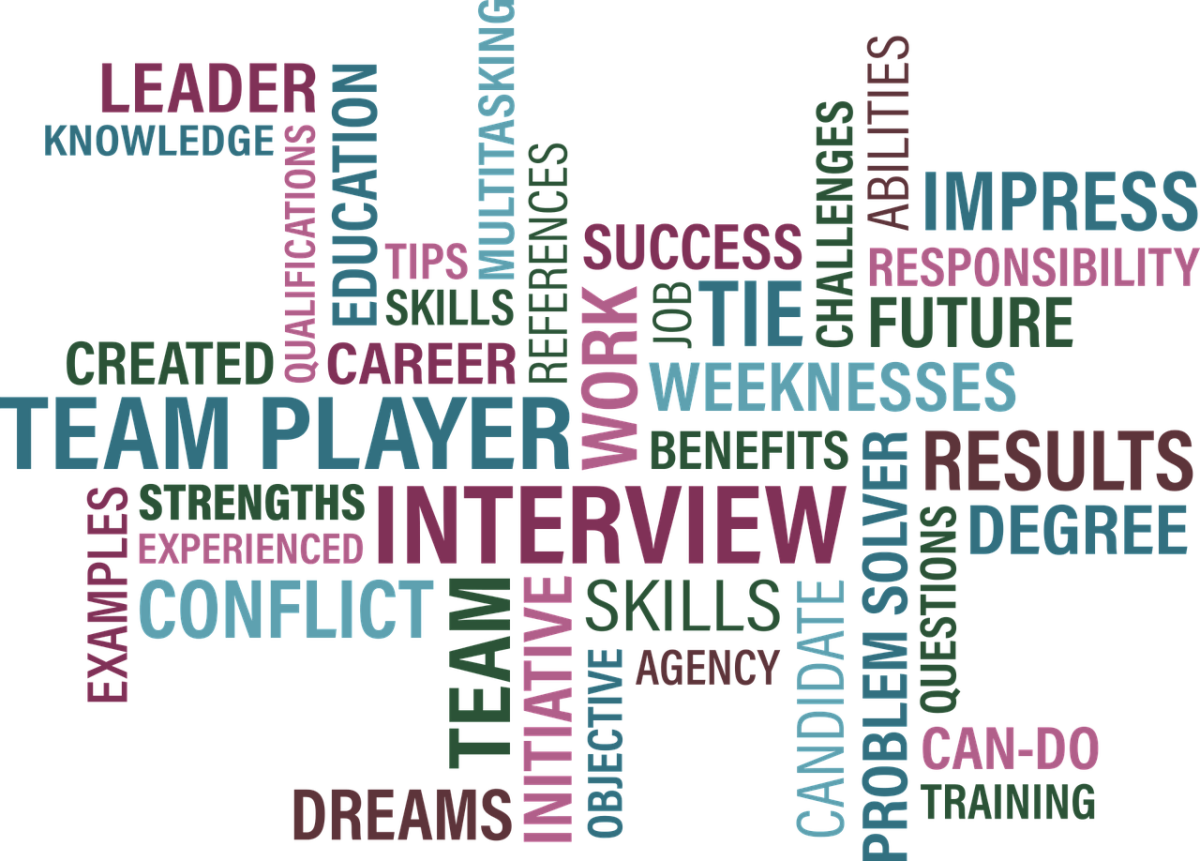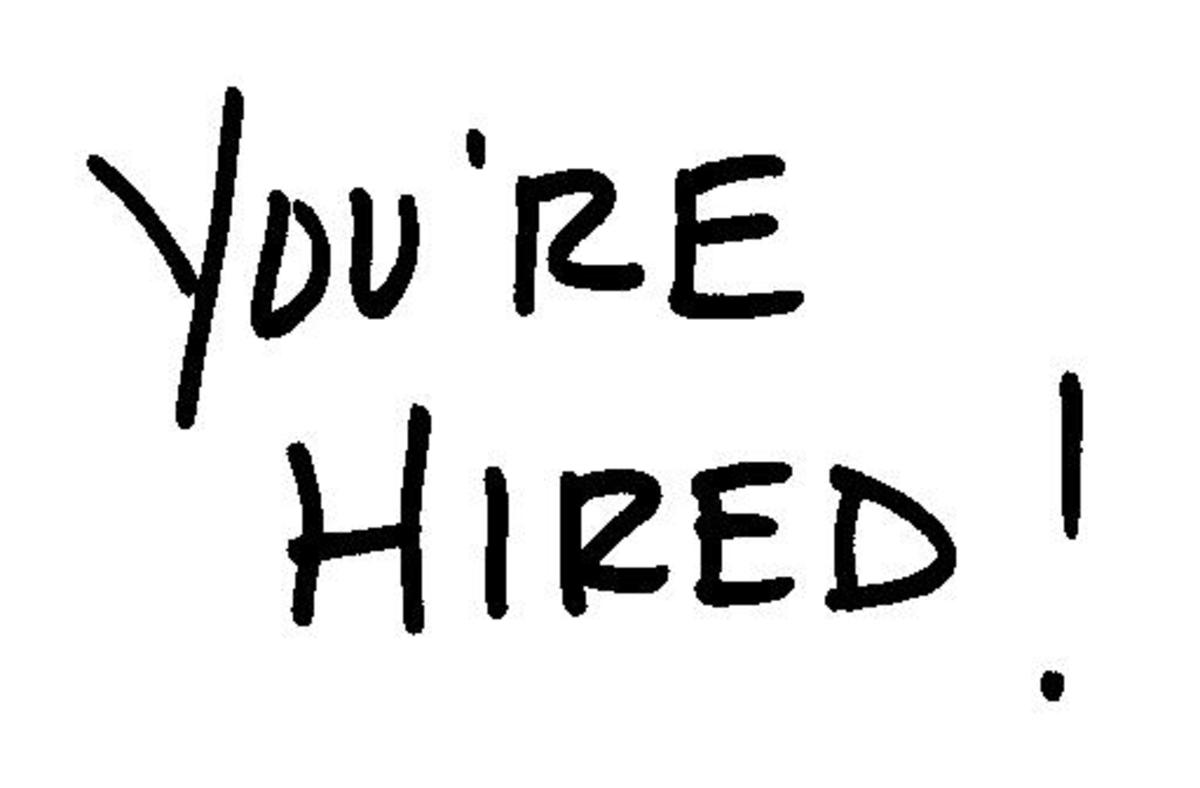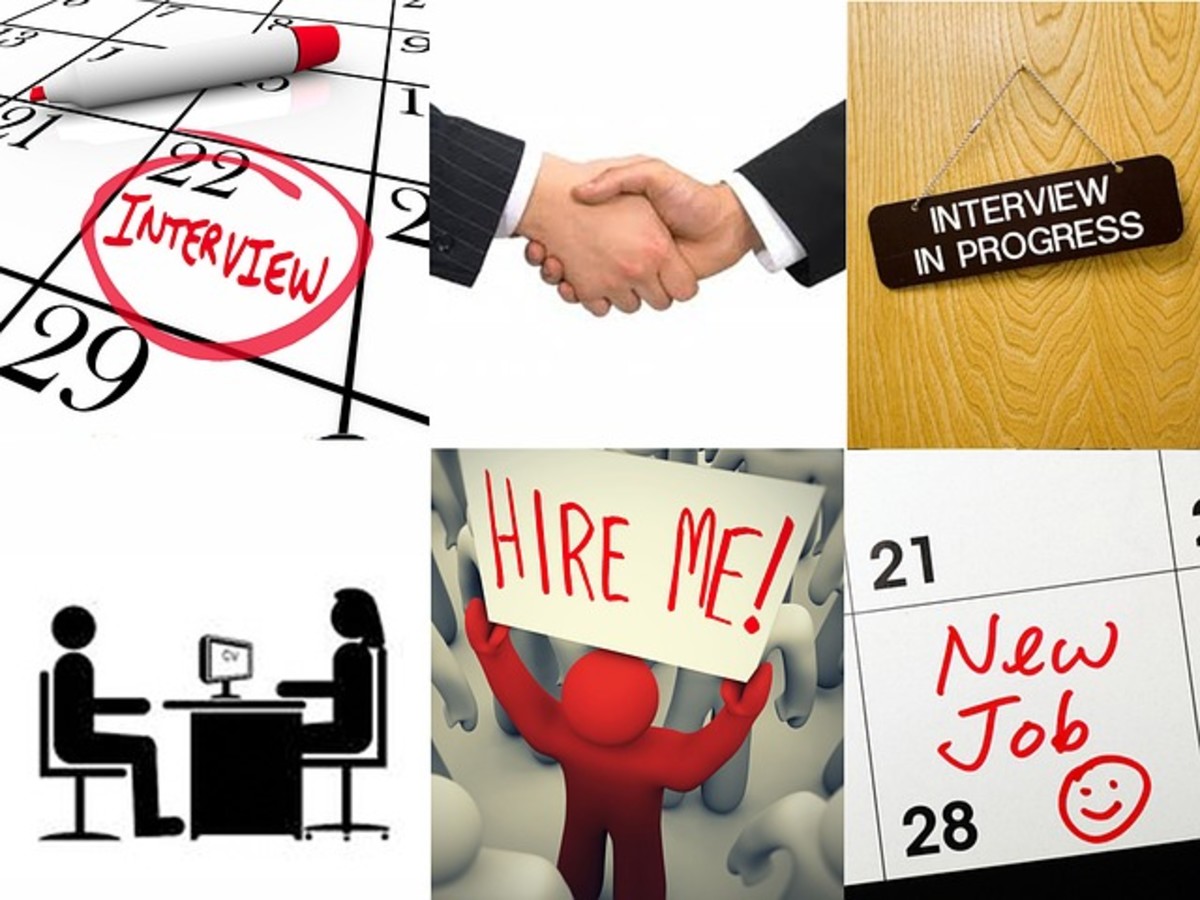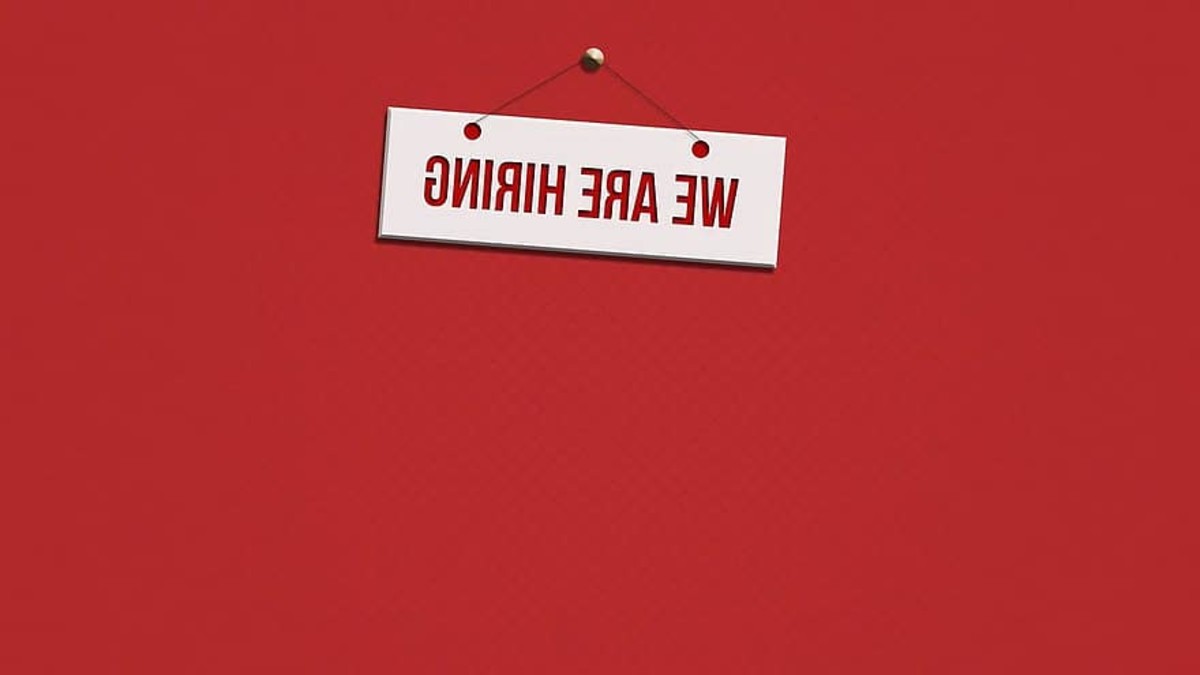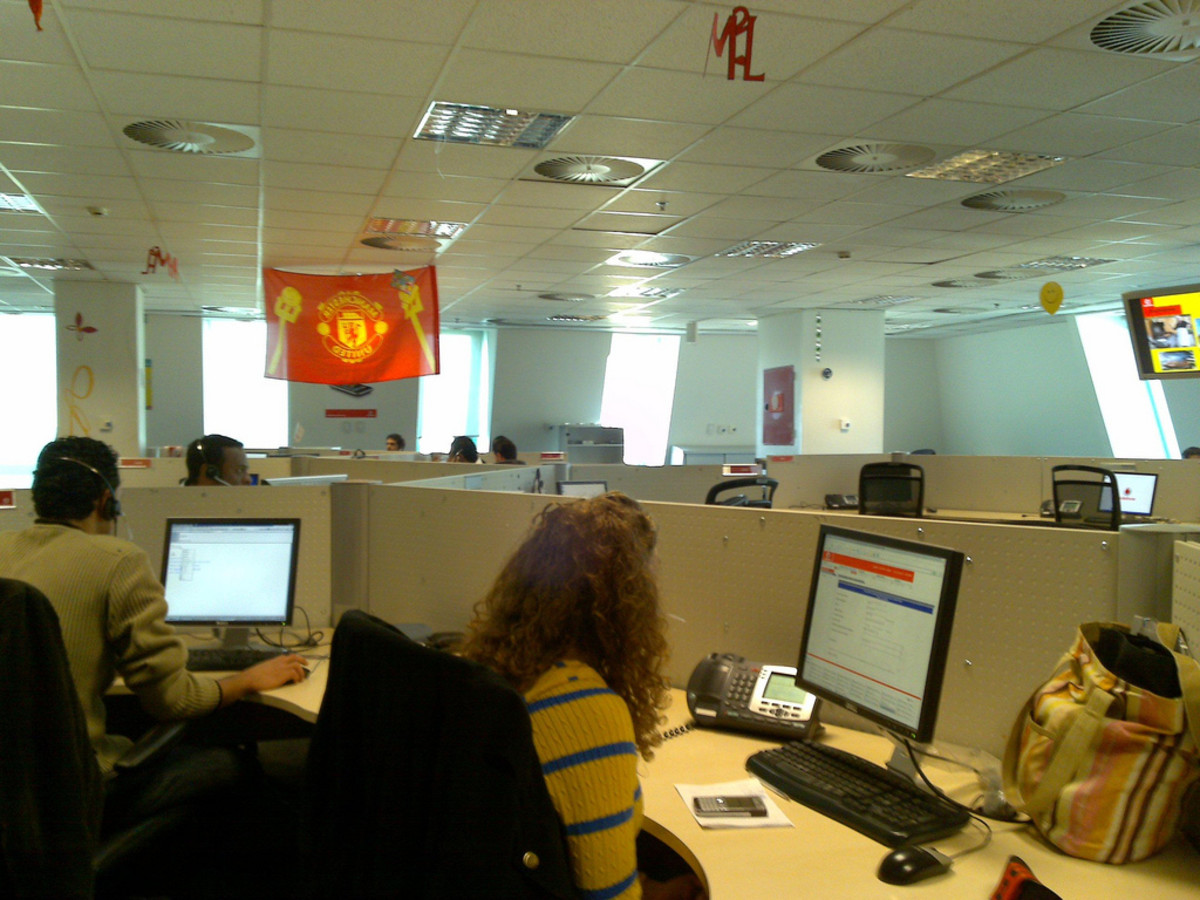- HubPages»
- Business and Employment»
- Employment & Jobs»
- Interviewing for a Job
How to Answer Tell Me About Yourself in a Job Interview

Best Interview Answers
It’s acceptable to talk about your career background, your aspirations or what led you to apply for the position but keep it brief. If the interviewer wants to know more then they will ask more questions.
The trick with all interview questions is to plan and practice what you are going to answer to a point where you sound natural and unrehearsed. There’s a very high chance that you will be asked about you so at least have something up your sleeve.
Icebreaker Interview Question
So the interview starts and you are asked "So, tell me a bit about you"
Ok, crikey! What does that mean?
Some interviewers ask this question as an icebreaker to relax you and put you at ease. They expect you to be nervous to some degree so usually the intentions behind the question are innocent. Regardless of the informal nature of the request, keep your guard up and prepare your answer in advance as pitching from the wrong angle can be the difference between securing the position or not.
The great thing about this question is that there's no right and wrong answer in terms of factual information as let's face it, it's about you and only you know the real you. Why then is it so hard to answer?
Before you deeply analyse this, the absolute rule of thumb is keep it professional and relevant to the company or role to which you are applying.
Avoid rambling at all costs and keep your lips sealed even if you are desperate to let the interviewer know that you own four dogs, three cats, a rabbit and two budgies plus a penchant for playing dangerous sports at weekends.
Your prospective future Boss might be an adrenalin seeking animal lover but your shared passions won’t necessarily make you the best candidate for the job.
Try your best to stay well clear of providing personal information such as details of your children or marital status as interviewers are not allowed to ask you anything that could be deemed as discriminatory. Avoiding personal details will make it much harder for them to ask further leading questions about your life outside of and unrelated to work. Read my hub on Questions an Interviewer Should Not Ask for full details on this.

Tell a Story
Tell a compelling story about your professional background which shows your uniqueness. The story you tell should demonstrate at least one key behavioural strength that can be transferred to the new role in some way so it’s acceptable to talk about anything outside of work that shows strength of character or key qualities and attributes such as integrity, determination, loyalty, working as part of a team and so forth if you perhaps lack the skills you wish to discuss in a professional environment. Just be careful on your decision; being Chief Bridesmaid on a Hen, booze cruise, long weekender may not be the best option to show off your stamina and organisational skills.
Whatever you choose to say; keep it truthful. Don’t claim you can bend it like Beckham when in reality you kick a ball like a toddler. You’ll be kicking yourself (and be a tad red faced) if your new boss hails you as the next star player in the company 5-a-side team.
Talking About Yourself in a Job Interview
Have you ever been asked "Tell me about yourself" in a job interview?
Summarise Your Career History
If you haven’t got a great introduction or are unclear about how to answer; ask the interviewer which aspect of your professional background they would most like you to talk about. Use this as a last resort if maybe your nerves have taken over. You don't want to look like you are not prepared as after all, you should be able to talk about yourself. If not, then that would be worrying.
Avoid falling into the trap of reciting your CV. Not only is this boring but some interviewers find it irritating as they have already read your CV several times in preparation. It's a good idea to summarise your career history in order to elaborate on the content of your resume so that the detail paints a picture of how you would be an asset to the organisation and therefore the perfect person for the job. Getting off to a good start can shape the rest of the interview and keep the interviewer engaged in how beneficial you will be to them.
It’s just a matter of trying to decipher what the interviewer actually wants to know and how best to answer in a good quality, professional way.
Interview Questions & Answers
Use The Job Description
Read and analyse the job description and person specification document if you have been given these in advance. If not, get them! Do your research fully prior to the interview taking place.
What does the new job entail? Make a list of the essential and desirable qualities, experience, skills and qualifications that are required in conjunction with the company culture to create a pitch about you to incorporate what they are looking for.
Yes, you may have these already on your resume or CV but if you can converse your best assets then it will hit the interviewer between the eyes showing that you are a strong contender for the job.
For example, if the job description states that the ideal candidate should have a proven track record of exceeding sales targets then this is what your conversation should be predominantly about. Discuss the targets you had to smash and how you went about it. Include what you learned along the way and how you have developed your selling technique which will in turn benefit this new company. Use numbers top describe your success. Increased divisional revenue by 25% is much better than saying you improved upon last time.
Perhaps they are looking for strong management skills. If this is the case then talk about how you have led a team to success at work or if you don't have a work related example, describe the skills you have in real life using a specific scenario but remember try to refrain from adding too much personal detail.
Don't forget to smile!

Recent Study
In a recent study by TMS Coaching, over 90% of candidates found the interview question "Tell me about yourself" the most difficult to answer.
Be Positive
It's not just what you say but how you say it. It's no good telling an amazing story about how fabulous you are if your voice doesn't compliment the information.
Be upbeat and positive. Smile! Use open and animated body language showing that you are excited to have been asked this interview question.
People buy people so this is your golden opportunity to talk about yourself and set the tone of the rest of the interview. You are absolutely in control of whether the interviewer actually likes you or not.
Be amazing, be positive, be happy and show that they should hire you and only you.
Crib Sheet for Interview Answers
As with any interview question and answer, it is helpful to create a crib sheet as part of your preparation.
- What does the interviewer actually want to hear?
- What have I done in the past that can benefit this company now and in the future?
- What can I say that proves I am successful?
- What is my unique selling point?
- How can I convey that I really want this job?
Using these prompts as a base point for your answers will make it easier to create a clear, concise dialogue that interests the interviewer making them want to know more about you and will lead to them visualising you in the role. If they can see you doing the job then you are more than halfway to signing that contract and securing the job of your dreams.
Good luck!



